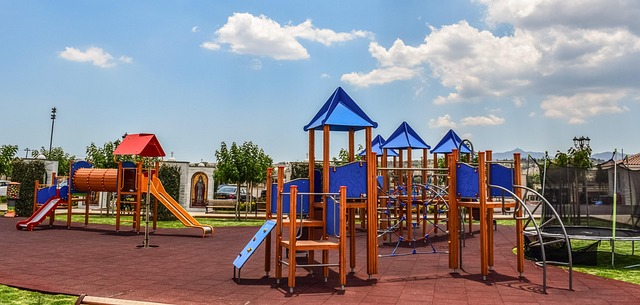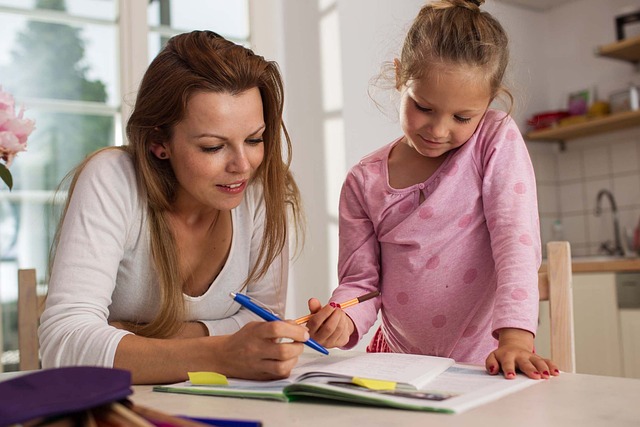
Promoting Language on the Playground
The playground is an excellent space for developing language and communication skills. Engaging in play fosters social interaction, cooperation, and creative expression. Here are some ideas for promoting language growth at the park: 1. Encourage Social Interaction Playgrounds naturally promote peer interactions. Encourage children to introduce themselves to new friends, take turns, and negotiate rules for games. By guiding them in social exchanges, adults can help children learn new words, practice conversation skills, and build confidence in expressing themselves. 2. Use Playful Language Narrating play activities and engaging in imaginative play can significantly enhance language development. Use descriptive words to talk about what children are doing such as, “You’re climbing so high up the ladder!” or “That slide is really










